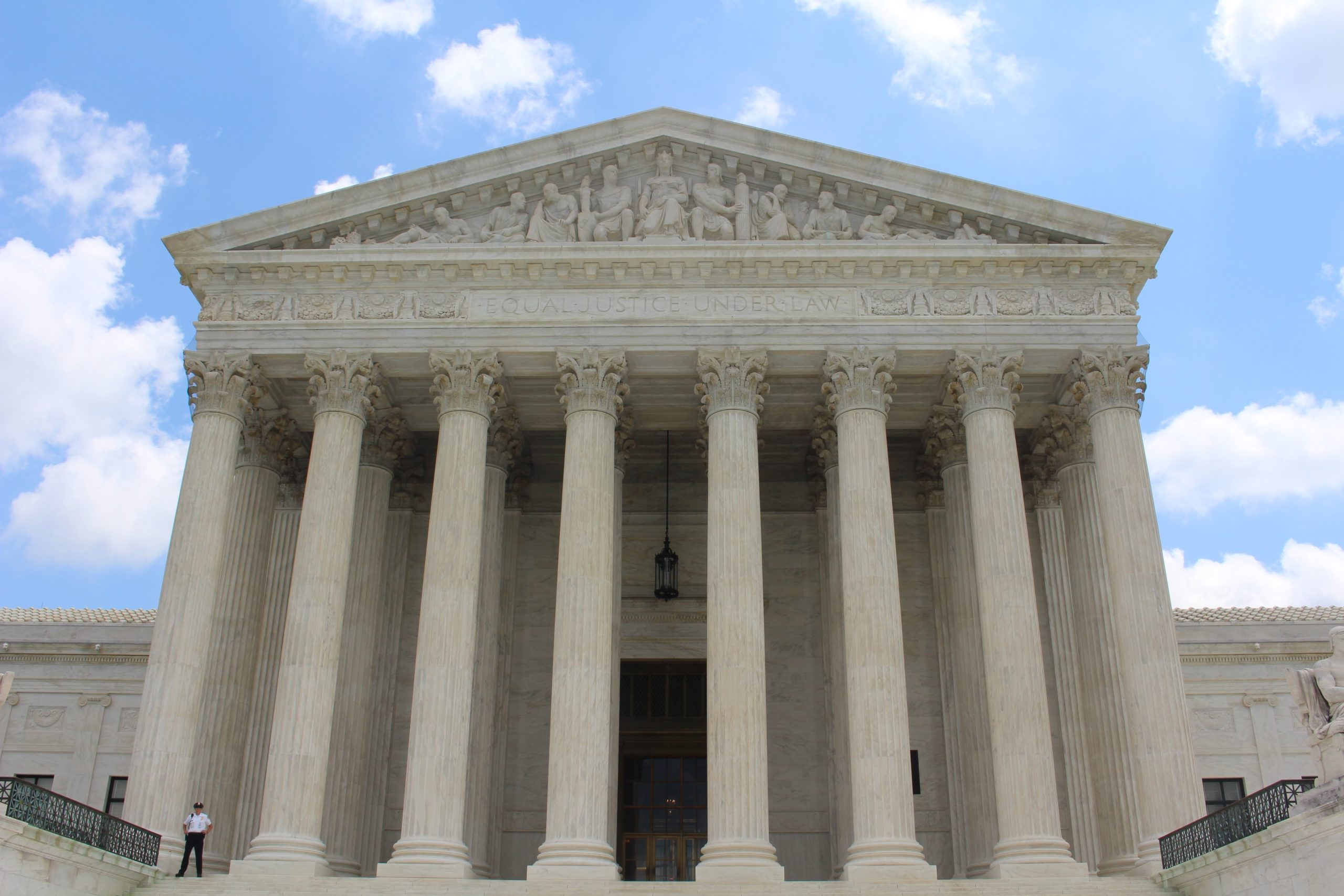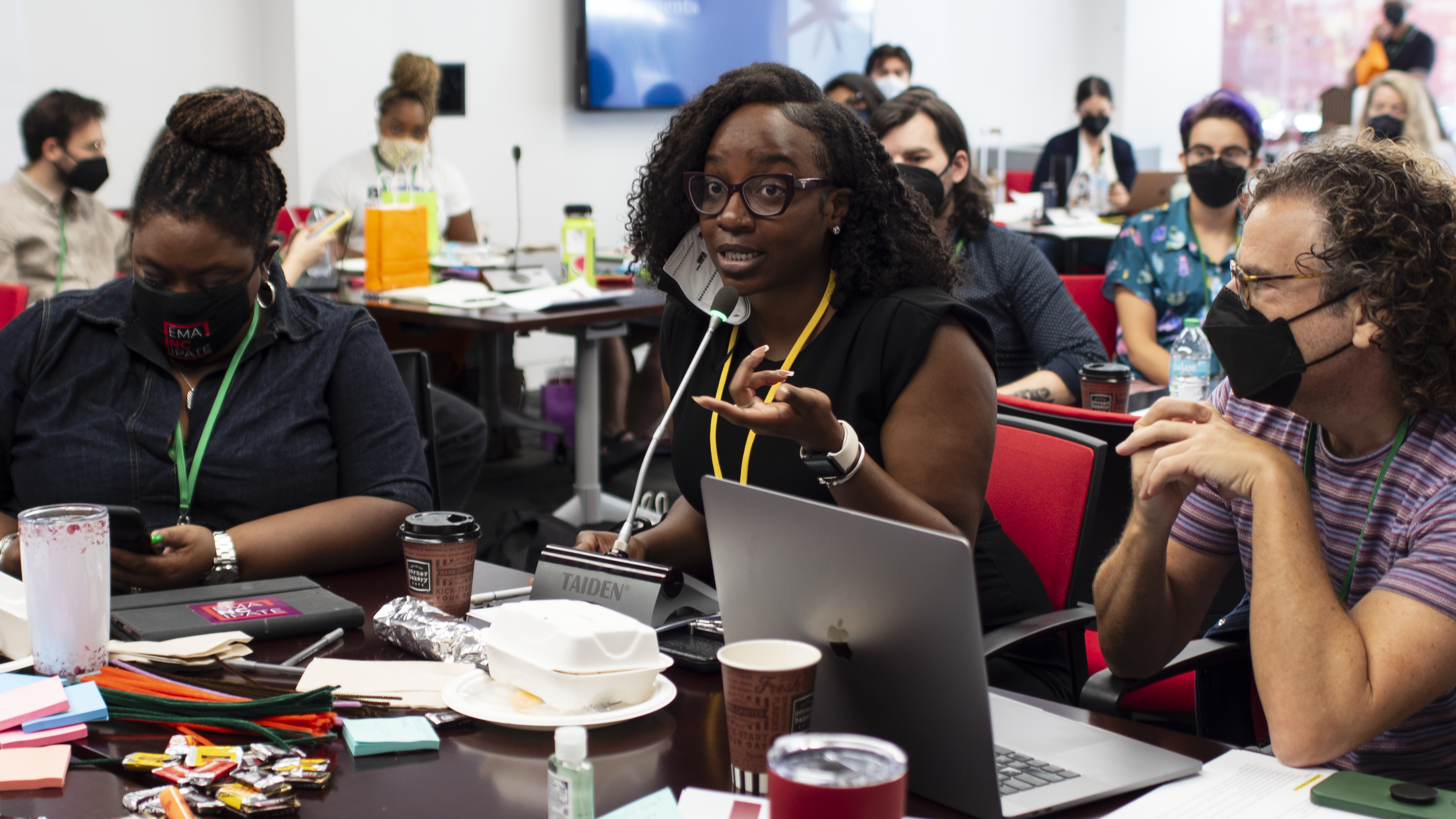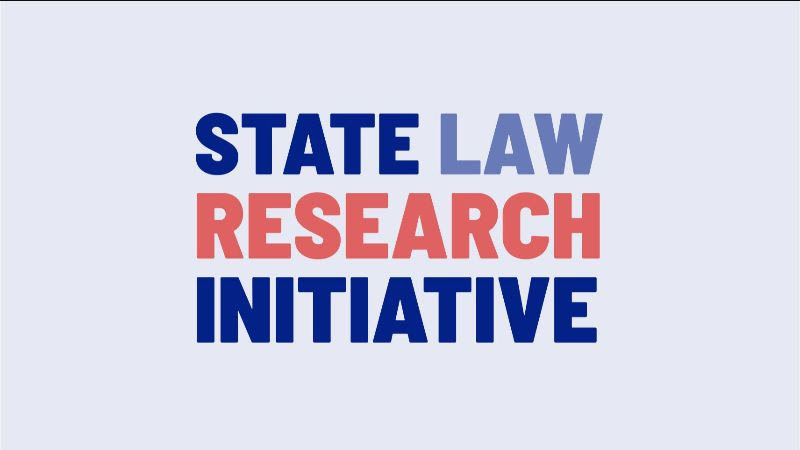Proteus Fund’s October 2024 Newsletter

Partners,
Proteus Fund has continued to advance its work this year while also growing and expanding its portfolio, including adding additional initiatives to expand our ability to advance our social justice goals and objectives. Our newest program, the Solidarity Collaborative, is fully up and running with its new Program Director, Terrance Pitts. You can learn more about Terrance’s impressive work in supporting cross-movement solidarity to advance racial justice below.
Aligned with our signing of the Grantmakers United for Trans Communities (GUTC) pledge, which commits Proteus Fund to bringing more philanthropic attention to and investment in the lives and wellbeing of transgender people and communities, we are also making our single largest grant to date supporting transgender justice to Funders United for Democracy and Trans Justice (DTJ) – a project of Funders for LGBTQ Issues. DTJ is a groundbreaking network created to foster collaboration between LGBTQ and democracy-focused funders. I am excited to be leading this work at Proteus, and look forward to doing all we can to rapidly expand DTJ and mobilize philanthropy to respond at a much more significant level to defeat this unbelievably destructive and insidious aspect of the current war on civil and human rights and communities being waged by the far right in this country.
We are also collaborating more deeply now than ever before with other, key social justice intermediaries on everything from countering increasing attacks on social justice funders to strategies to fight the undermining race-based programs (and grantmaking) across the country. And, we continue to raise funds for our Grantee Safety & Security Fund to protect all of our grantees as best as possible for the dangers they face.
Like all of you, we are laser-focused on the upcoming election, now just a few short weeks away. Election results at the federal level will have a profound impact on every aspect of Proteus Fund’s work. The organization as a whole and its donor collaborative teams specifically are deeply engaged in a scenario planning process so that we are as prepared as we possibly can be for any outcome. We are exploring rapid response grants and other actions that we can take between the election and Inauguration while simultaneously doing longer-range planning for February 2025 – January 2027. As we consider who may be in the White House and Congress in January – while also preparing for the potential of another attempted coup – we will be ready to continue our work under any circumstances.
In Solidarity,
Paul DiDonato
President & CEO
In addition to supporting social justice movements through Proteus Fund’s direct grantmaking and related programmatic work, our team members also work in a variety of ways to provide thought leadership to the field as we execute on our mission to advance racial, gender, queer, and disability justice as well as a inclusive, fully representative democracy.

Vina Kay, Director, Piper Fund
Piper Fund convenes the Protect Dissent Network (PDN), made up of grassroots groups throughout the country and national organizations that support their work, all committed to protecting the right to protest to advance a more inclusive, multiracial democracy. The PDN came together in a hybrid gathering in Washington, D.C. and online August 13-14, 2024, with the goal of continuing to build relationships, connections, and collaboration in service of protecting the ability to dissent. We were joined by 50 partners in-person and another 20 online, representing over 40 organizations and eight states. I felt fortunate to get to spend time learning from this powerful group of partners over two days.

Last month, Proteus Fund welcomed Terrance Pitts as the director of the Solidarity Collaborative. Proteus Fund launched the Solidarity Collaborative earlier this year to support intersectional solidarity between organizations and communities working towards racial justice through dedicated grantmaking and programming support. With over 20 years of experience supporting communities in building impactful, resilient, and intersectional movements for racial justice, Terrance is exactly the passionate, trail-blazing professional needed to lead this new, innovative donor collaborative, championing its vision and objectives.
I am hopeful about solidarity as a strategy to win. Over the past several years, we have seen an alarming rise in threats to our democracy including rollbacks to reproductive rights, voting rights, the dehumanization of immigrant communities, discrimination against LGBTQ+ communities, political polarization, and disinformation campaigns that fuel hate. I believe the kind of transformative change we need to disrupt these threats is strengthening the connective tissue between and within social justice movements, which is one of the key pillars of transformative solidarity.
I also feel deeply connected to Proteus Fund’s explicit focus supporting communities impacted by unjust systems and willingness to make big bets to address the most fraught social justice issues of our time such as immigrant justice, reproductive rights and LGBTQ+ equality. I’m also drawn to Proteus’s approach to philanthropy which emphasizes risk taking, relationship building, elevating grassroots decision-making, and shared learning.

The movement to dismantle mass incarceration is not a new one. For decades, advocates have fought to reverse the extremely long prison sentences that are a major driver of widespread mass incarceration. More recently, though, there have been efforts to “pull new levers” in the fight against excessive criminal punishment. One of those levers – and the focus of the State Law Research Initiative’s work – is state courts and constitutions.
The mission of the State Law Research Initiative (SLRI) is to shape and strengthen state constitutional law to support individual rights against excessive punishments, with an emphasis on excessive prison terms and inhumane incarceration conditions. Under federal constitutional law controlled by an increasingly conservative U.S. Supreme Court, federal rights against excessive punishment have become almost non-existent. State courts and state constitutions represent another pathway to protecting these rights.